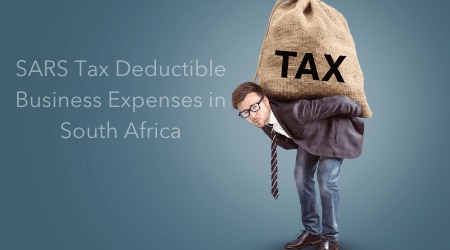Turnover Tax versus Company Tax
Every small business owner should decide on the kind of company tax they want to register for. In other words: whether they would like to pay standard small business income tax rates, or would rather elect for turnover tax. Turnover tax has a different minimum income tax limit to ordinary company tax as it’s a simplified, all-in-one rate aimed at reducing small business administration for companies with an annual turnover of less than R1 million. To make record keeping easier, the turnover tax system estimates a company’s business expenses, removing the need to track tax deductible expenses and ultimately making tax rates significantly lower than the standard tax system.
As you get to decide for yourself whether to adopt the turnover tax system, you should look at your records carefully to see whether the ability to estimate your expenses under this method works out in the best interests for your company. If your tax deductible expenses are very large, you should consider working these out under the standard system, as turnover tax uses estimates and you may miss out on money you could claim back.
Let’s compare the rates as they stand for the 2019-2020 tax year:
Standard SBC minimum amount of taxable income: R79,000
Turnover tax minimum amount of taxable income: R335,000
With such a difference at the minimum limit – you’ll also pay a lower percentage in tax even at higher income brackets – you should choose your tax type carefully, based on your eligibility, liability and level of expenses.




